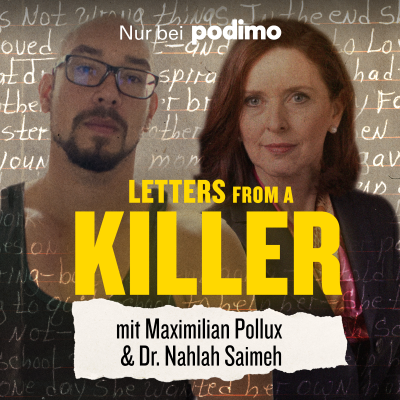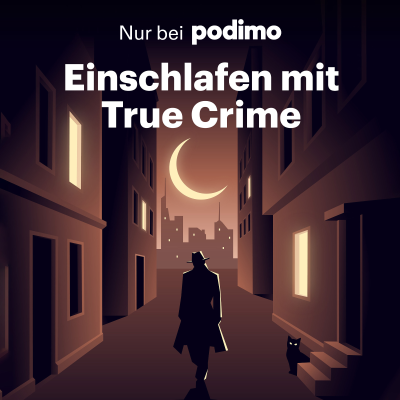
What Music Means to Me
Englisch
Gratis en Podimo
Kostenlos hören bei Podimo
Starte jetzt und verbinde dich mit deinen Lieblingspodcaster*innen
- Vertraut von über 1 Mio. deutschen Hörer*innen
- Über 1.000 lokale Podcasts und Shows – nur bei Podimo
- Keine Zahlung nötig
Mehr What Music Means to Me
This podcast explores how music and life intersect: how music affects life and life affects music. As a music teacher, I discover these connections all the time and I thought others might be interested in hearing about them.
Alle Folgen
29 FolgenIntersection of Life and Music
itunes pic [https://assets.podomatic.net/ts/5b/e6/7c/ascott61727/3000x3000-96x96+285+226_12367069.jpg] The premise of this podcast is that there are all sorts of connections between music and life. In each episode I have shared observations about some of these connections. The idea of making connections between music and life, of being a musician whose musical life is integrated into his broader life, is something I learned from my teacher and mentor, Dr. Ken Laudermilch. In the preface to his very excellent book, An Understandable Approach to Musical Expression, Ken explains that his goal is “to identify musical concepts that enhance or beautify our music making. It is, in a very real sense, a search for truth.” I don’t think it is an exaggeration that truth about life can be seen in music.
Two important "Music Lessons"
itunes pic [https://assets.podomatic.net/ts/5b/e6/7c/ascott61727/3000x3000_10664904.jpg] In other episodes of this podcast, we've discussed life lessons that music can teach us. In this episode, we take a look at two more important character lessons one can learn from studying and playing music. One of these, the value of contributing your efforts to something bigger than yourself, may seem obvious considering that a lot of musical experiences come from participating in an ensemble like band or chorus. The other “music lesson” that we’ll look at, the benefits of delayed gratification, may not be so obvious at first, and yet studying music is particularly well-suited to delivering this lesson in a subtle but compelling way.
The Powerful Language of Music
itunes pic [https://assets.podomatic.net/ts/5b/e6/7c/ascott61727/3000x3000_10413331.jpg] Many people compare music to a language. You may have even heard a music teacher say to you in school, “Music is an international language all people can understand.” Of course more recent multicultural studies reveal that the music to which these teachers are referring – Western, tonal music – is actually a European idiom expressed in a nomenclature that developed around the year 1,000 especially in Italy. Just as an author uses words, grammar, metaphors, and more to create a novel, a composer uses the language of music - notes, rhythms, and more - to create a piece of music. When we say that a composer "writes" music, we assume he or she is using some musical vocabulary and that in writing the music, he or she is trying to communicate something. Let’s take a closer look at the communicative power of the language of music!
Classical Order and Drama
itunes pic [https://assets.podomatic.net/ts/5b/e6/7c/ascott61727/3000x3000_10413269.jpg] When you hear the term “classical music” you probably think of any serious art music played by orchestras, string quartets, pianists, or any other concert performers….and you’d be right since that is one common use of the word. But…more correctly Classical music (with a capital C) refers to music written in Europe during a musical style period that lasted from approximately 1750 through 1825 or 1830. From this Classical period emerged the works of composers such as Franz Joseph Haydn, Wolfgang Amadeus Mozart and Ludwig von Beethoven.
Modal vs. Tonal
itunes pic [https://assets.podomatic.net/ts/5b/e6/7c/ascott61727/3000x3000_10413098.jpg] In this episode of What Music Means to Me I’ll attempt to tackle one of the toughest musical concepts to explain: the difference between modal and tonal music. Around 500 B.C. Pythagoras wrote about various modes and by 500 A.D. Pope Gregory the Great was compiling church plainsong, which we call Gregorian chant, written in these modes. By the Baroque period and on up through the Romantic period, church and concert art composers shifted to the major-minor tonal system more-or-less exclusively. The shift from the modes of Gregorian chant to the tonal system in place by the 18th-century is quite a story!















































